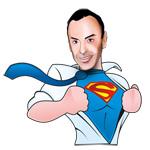According to BlogHer, 93 percent of American adults are on Facebook, so it’s safe to say there are many opportunities for marketing to potential clients there. This introductory report will tell you everything you need to know about setting up a Facebook page to attract leads and convert clients. There are many ways to optimize your page to be more effective. In this document, you’ll also learn how to help prospects find you online, how to drive conversions, how to measure your marketing, and which apps work best.
![]()
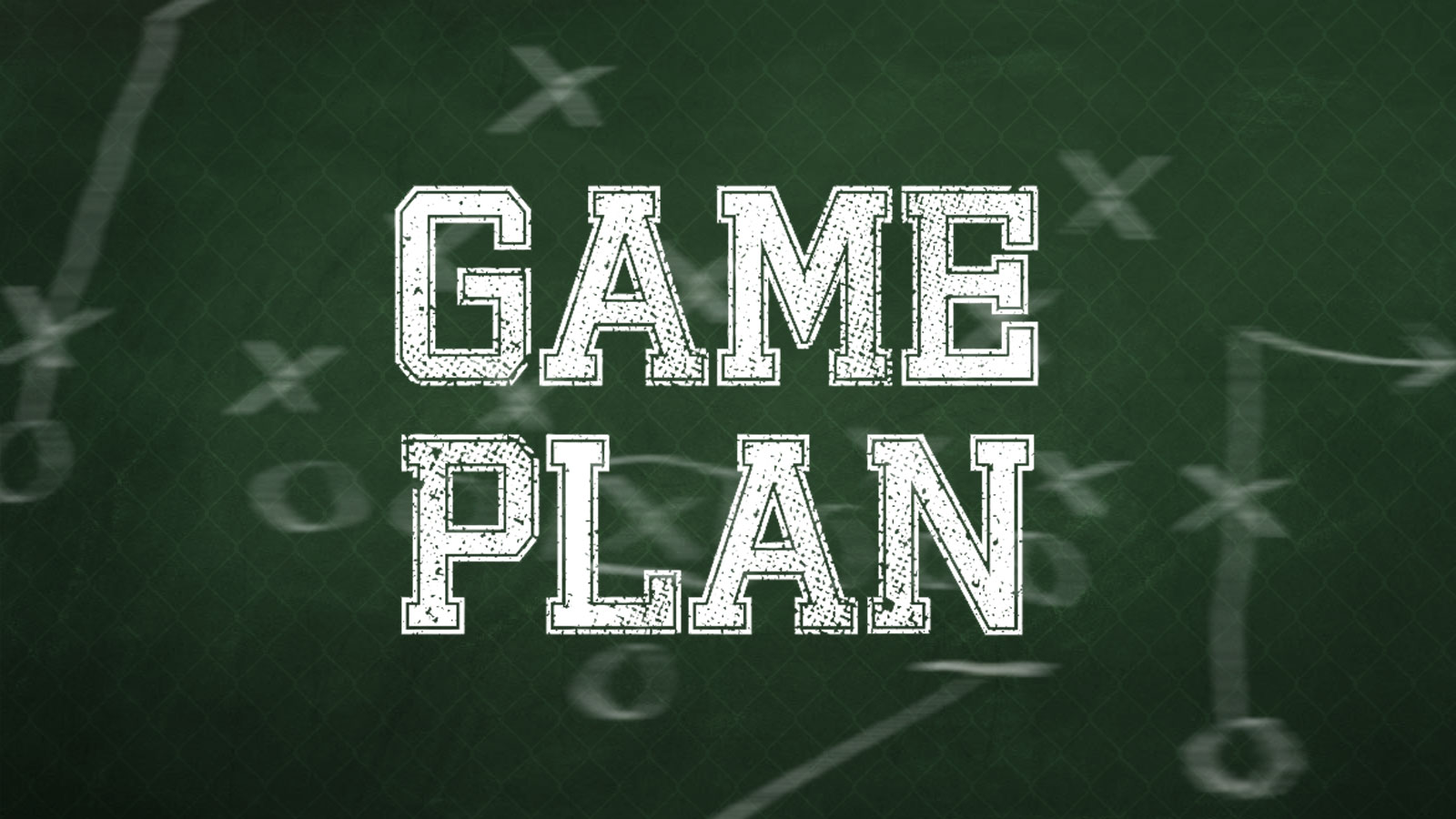 A goal-oriented plan is essential for launching a Facebook lead generation campaign. Keep in mind that the more people who “like” your page, the more visibility you’ll have – not just to those people, but to all the friends in their networks too. Pew Research tells us the average number of Facebook friends is 229, so you can really expand your fitness studio’s reach exponentially with Facebook marketing.
A goal-oriented plan is essential for launching a Facebook lead generation campaign. Keep in mind that the more people who “like” your page, the more visibility you’ll have – not just to those people, but to all the friends in their networks too. Pew Research tells us the average number of Facebook friends is 229, so you can really expand your fitness studio’s reach exponentially with Facebook marketing.
Naturally, you don’t want to JUST have Facebook fans. You want them to become real, paying leads. You want your fitness studio to be thriving with people who discovered you online. The best way to convert your fans is to promote special offers exclusive to Facebook and tailoring ads to specific audience segments. The more you tailor your message to a particular group or theme, the more effortless the conversion process becomes.
![]()
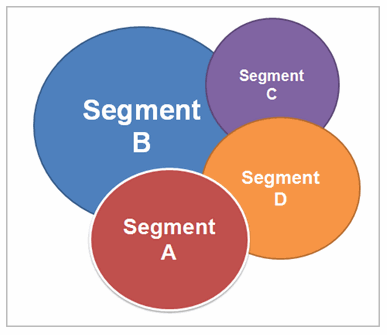 The ability to target and get to know my core audiences is one of my favorite aspects of Facebook. For example, you can look at the age, gender, race, language spoken, education level, occupation and geographic location of your fans. Furthermore, you can look at your fans’ interests.
The ability to target and get to know my core audiences is one of my favorite aspects of Facebook. For example, you can look at the age, gender, race, language spoken, education level, occupation and geographic location of your fans. Furthermore, you can look at your fans’ interests.
Once you generate new leads on Facebook, you’ll need to have a series of messages ready to go, so you can sustain a relationship and engage these new fans. Lead-nurturing emails should always be linked to a specific action a Facebook fan takes. For example, if they signed up for your free nutrition seminar, you would send them a different type of message than if they downloaded your nutrition-related whitepaper. The person coming in for a seminar might be more interested in a live cooking demo or a group luncheon, whereas the person who downloads your whitepaper might like a fitness-related YouTube video or a webinar.
![]()
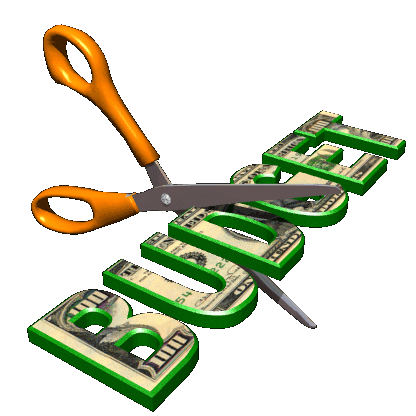 Before choosing a budget, decide what your goals for fitness marketing on Facebook are. If your budget is too high, you may be disappointed with a low Return On Investment. If your budget is too low, you may not be able to launch very productive campaigns because you’re spread too thin.
Before choosing a budget, decide what your goals for fitness marketing on Facebook are. If your budget is too high, you may be disappointed with a low Return On Investment. If your budget is too low, you may not be able to launch very productive campaigns because you’re spread too thin.
Many fitness business owners choose to gauge the success of a campaign by running a Pay-Per-Click ad on Facebook. You can choose “Click On My Ad Or Sponsored Story” (to be charged when someone clicks your ad) or you may choose “Like My Page” (in which case Facebook will charge you on a cost per thousand views basis). The average page’s click-through rate is 0.07%, according to eMarketer. So the cost would be $0.45 per every 7 leads.
![]() Timing can be everything for PPC ads on Facebook. Weekends generally present the best opportunity for sharing, but you should experiment with different days and times to see what works best for your particular market. Are your people checking their Facebook during work, before work, after work, on lunch break, late at night, or on the weekends? These are analytics you must track to effectively target your audience. Luckily, Facebook Insights tracks a lot of this data for you.
Timing can be everything for PPC ads on Facebook. Weekends generally present the best opportunity for sharing, but you should experiment with different days and times to see what works best for your particular market. Are your people checking their Facebook during work, before work, after work, on lunch break, late at night, or on the weekends? These are analytics you must track to effectively target your audience. Luckily, Facebook Insights tracks a lot of this data for you.
![]() Keep in mind that 425 million people access Facebook on their phones, so you will want to optimize your page to load on their mobile devices. The average person will only wait 5 seconds for a page to load on their mobile device (according to Gomez) so you want to make sure your page is one of them.
Keep in mind that 425 million people access Facebook on their phones, so you will want to optimize your page to load on their mobile devices. The average person will only wait 5 seconds for a page to load on their mobile device (according to Gomez) so you want to make sure your page is one of them.
![]()
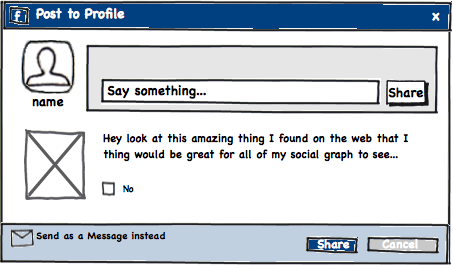 Like anything online, “Content is King” on Facebook as well. Make sure most of your updates include a call-to-action link. You can also create posts that your fans and prospects will want to discuss or share with their friends. Here are some ideas for content you may consider:
Like anything online, “Content is King” on Facebook as well. Make sure most of your updates include a call-to-action link. You can also create posts that your fans and prospects will want to discuss or share with their friends. Here are some ideas for content you may consider:
- Events: Are you holding a nutrition seminar, running a “total body transformation” contest, starting a new boot camp group session, sponsoring a local 5-K run, or holding another special event? Post it here!
- Product Info: You don’t want to focus on this or people will think you’re boring, but every once in a while, it’s a wise idea to let people know about new products available in your shop or new programs you’re starting.
- User Engagement: Certain posts get people talking. For instance, you might start a poll, post funny photos looking for a caption, or create a contest. The more engaged people are, the more they’ll convert.
- Blogs: Facebook is a sensible dumping ground for all your blog posts. Users will see a photo, a brief summary, and a link to your blog post. Make sure your blog posts include a call-to-action at the bottom.
- Offers: If you have sales, coupons, daily deal site ads, or landing pages, Facebook is the place to share!
- Speak To Fans: Respond to all questions and ask for feedback. Always remember to thank your supporters and never let any negative press go unanswered. Facebook is a powerful place for brand management.
- External Content: Post industry news, funny meme photos and videos on your page. Always keep your Facebook Wall looking varied and interesting. Often, you’ll find this content gets shared the most.
![]()
